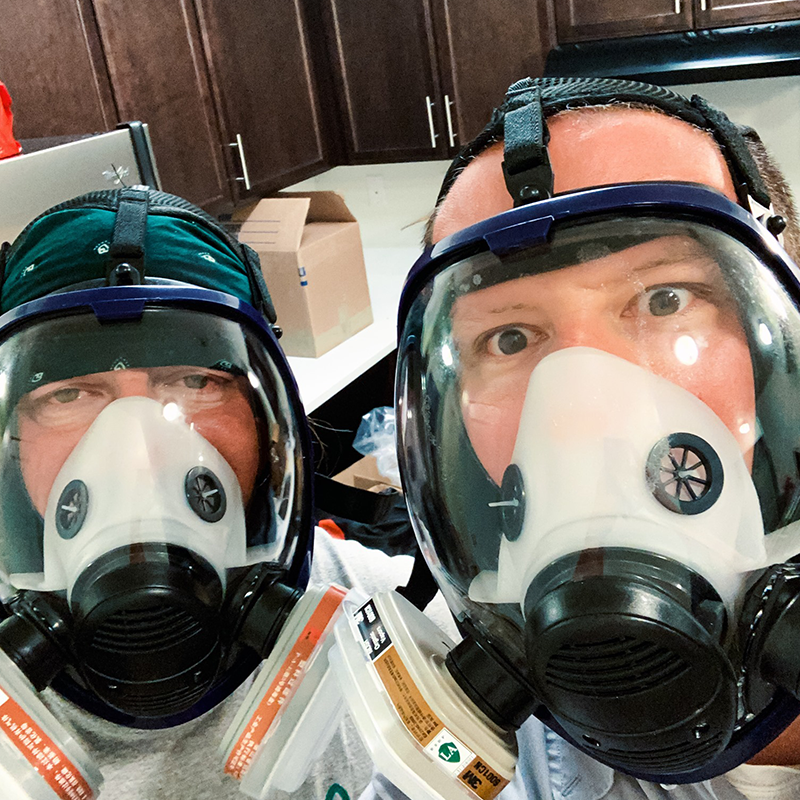
Sings of methamphetamine exposure.
Methamphetamine is a dangerous drug. Which is well known in both the scientific and medical communities. So it's no surprise that exposure to meth residue can make you sick.
In general, infants, children, the elderly, and people with weakened immune systems are at higher risk for complications. However, methamphetamine residues can also affect healthy adults. In fact, Burgess et al. They found that police officers responding to an active methamphetamine lab were 7 to 15 times more likely to fall ill than those who responding to other calls. Likewise, case studies conducted by the CDC show that both children and adults experience symptoms of methamphetamine exposure upon entering contaminated homes.
Common symptoms and signs methamphetamine exposure.
- Watery, red and burning eyes, often accompanied by discharge and pain
- Irritation of the mucous membranes, especially in the nose and throat
- Skin irritation, redness and rash
Chest pain and difficult breathing
- Abdominal pain and diarrhea
- Chronic sneezing, coughing, and nasal congestion
- Adverse effects on the central nervous system
- Moderate to severe headaches
- Dark colored urine
- Fast heart rate
- Yellow jaundice
- Fever
- Deterioration of mental abilities
- Hallucinations
Please be noted that scientists don't know much about the long-term effects of methamphetamine residue exposure. However, we know that environmental hazards (such as toxic chemicals) can erode your health over time . So (until science catches up with us), we have to assume that chronic exposure to methamphetamine residues can also cause more serious symptoms or physical complications.
Similarly, we should mention that if methamphetamine is present, there is a potential for contamination with other chemicals as well. This is because the production of methamphetamine involves a large amount of hazardous materials . Thus, we cannot account for every single health risk that may manifest with methamphetamine residues. (This is another reason why decontamination is required in Utah , as it reduces the risk of exposure to many different substances used in the preparation of methamphetamine.)
What should I do if I think I've been exposed to methamphetamine residue?
The first thing to do is consult your doctor. Be sure to let them know if you have recently moved or believe you have come into contact with methamphetamine. If your symptoms are more severe, you may want to consider visiting an emergency room or emergency department. Once everyone is safe, the best way to find out if there is methamphetamine in your home is to check it out.
To get more accurate results and save money, we recommend that you seek professional advice before starting the testing process. Contact a certified decontamination specialist in your area. For more information about testing or decontamination in Utah, call us at (435) 764-2400.
methamphetamine exposure.